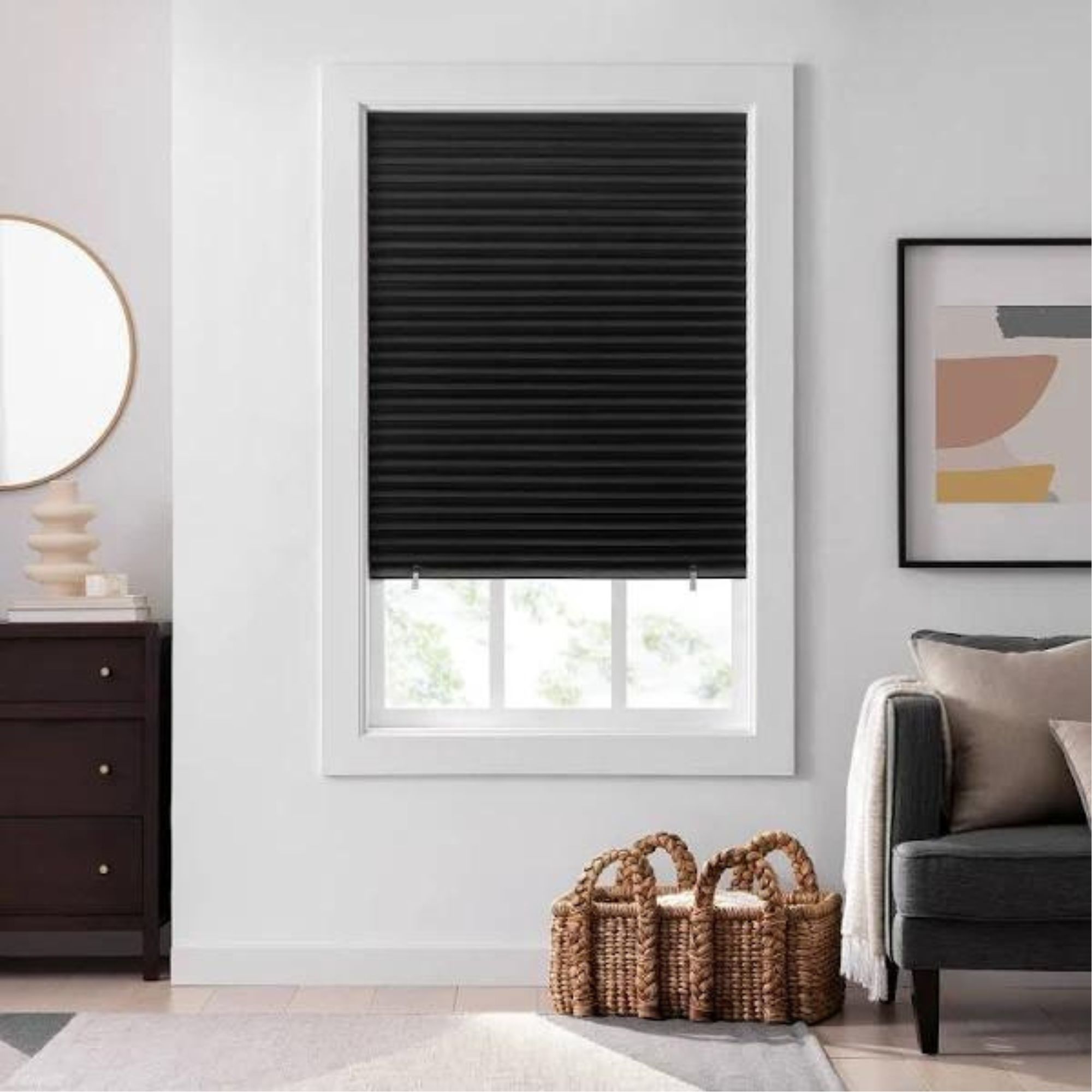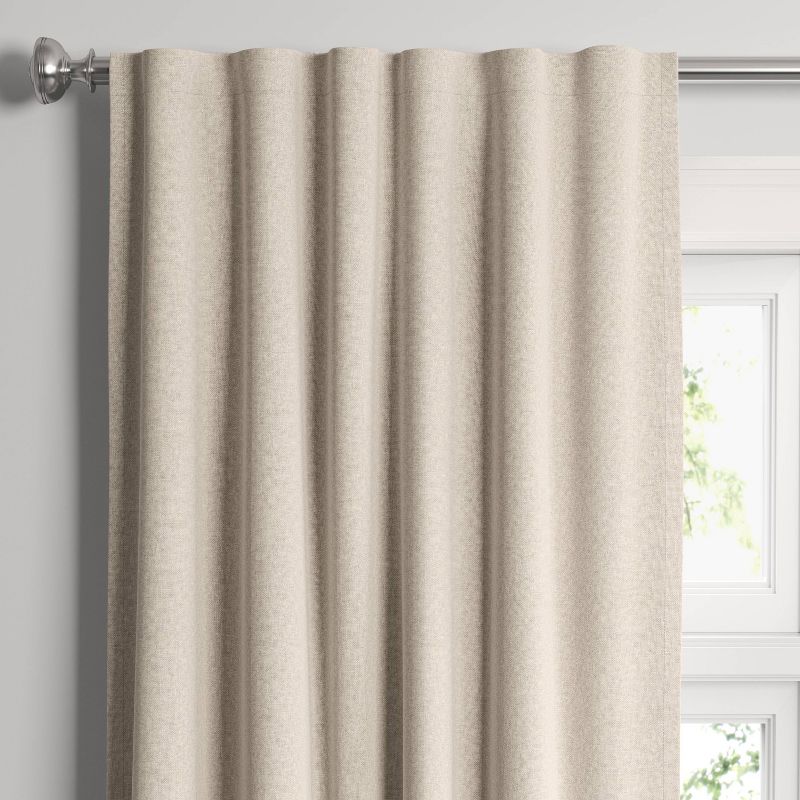Should You Sleep Facing the Window? 4 Things Sleep Experts Always Tell People About Bedroom Layouts
Sleep experts explains whether or not you should sleep facing a window. Discover the rules to having the best night's rest

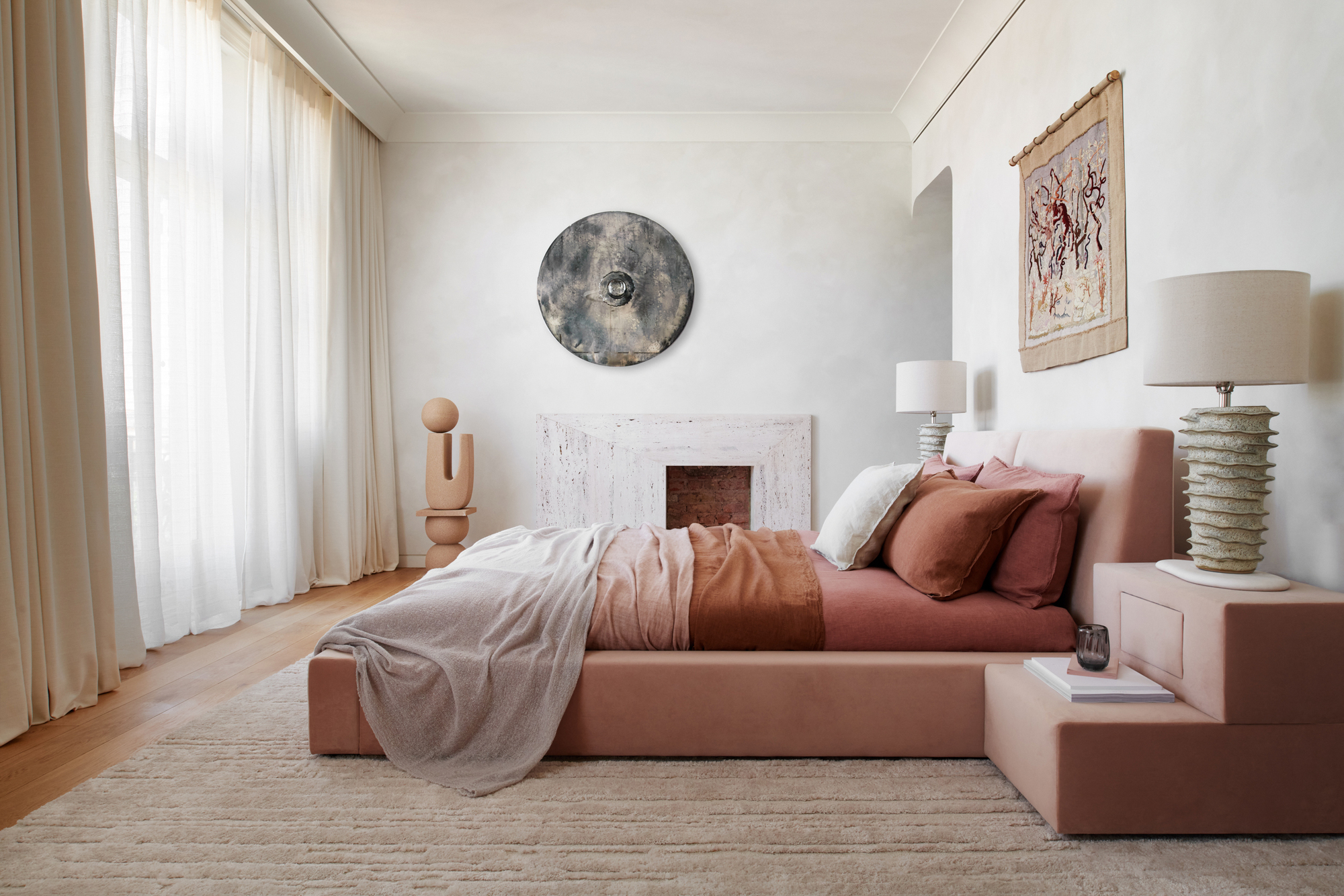
This subject definitely depends on your specific personal circumstances. You need to take into consideration the location of your home, the size, shape and layout of your home and particularly your bedroom, and potentially who you live with and who you are sharing your bed with. When you think about how your bed is currently positioned, you may feel uneasy about where it sits in the room and perhaps haven’t given it much thought prior to reading this.
We’re delving into the rules of where it is best to place a bed in regards to the windows in your space to find our how to sleep better, and whether or not this bedroom layout creates a positive or negative effect overall.
1. How a window can affect your sleep
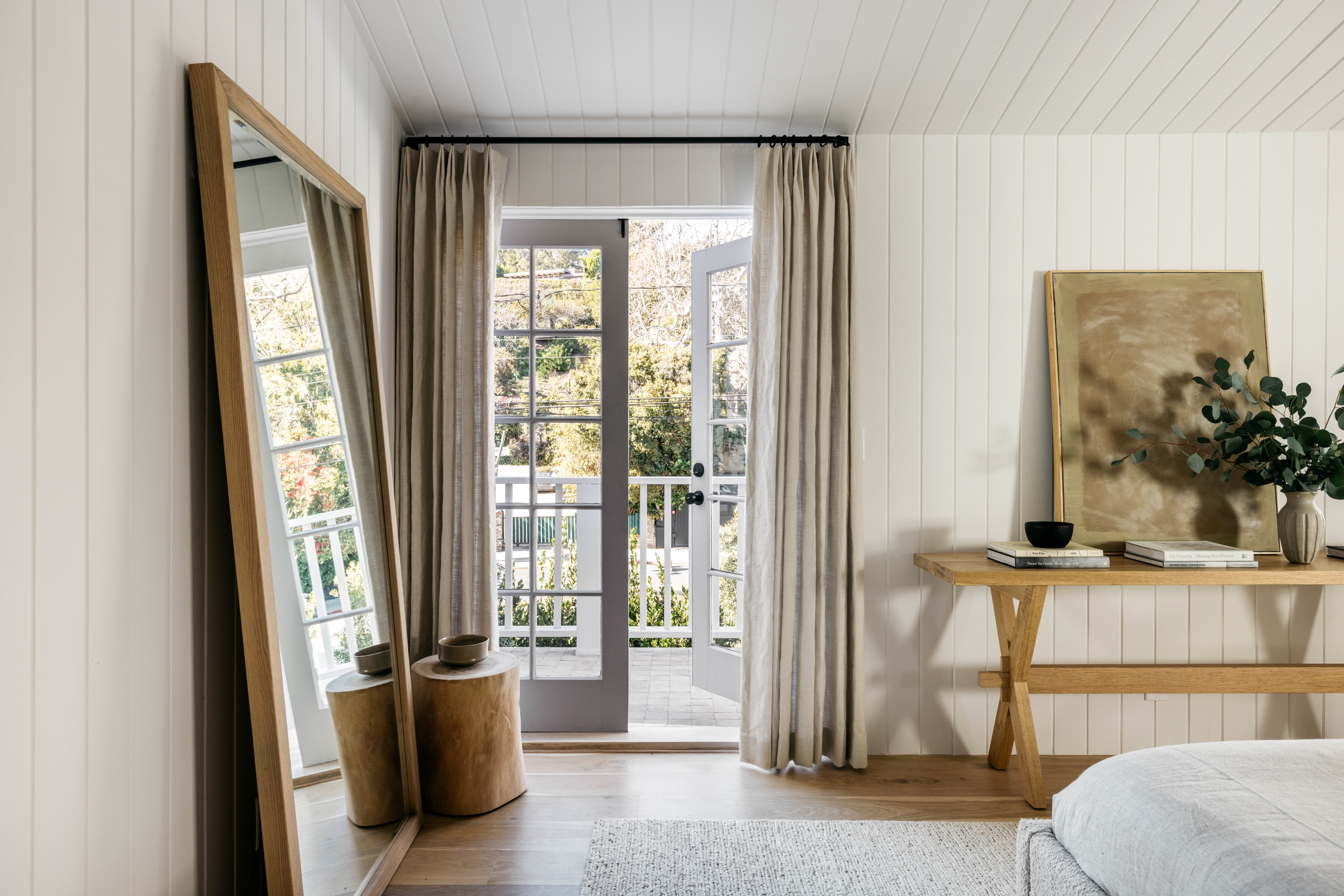
There are pros and cons to consider when it comes to choosing the optimal sleeping direction. ‘While natural light exposure can positively impact circadian rhythms, the key consideration is the amount and intensity of light entering your bedroom, as excessive brightness during sleep hours may disrupt your sleep quality,’ says Lisa Artis, Deputy CEO at The Sleep Charity, whereas child sleep specialist Chelsey Borson, Founder of Luna Leaps explains, ‘Facing a window allows natural light to stream into the room. This can help regulate circadian rhythms and promote healthy sleep-wake cycles. Exposure to natural light in the morning can signal to the body that it is time to wake up, while dimming the lights in the evening can signal that it is time to wind down and prepare for sleep.’
These points may seem obvious but ensuring you apply the right decision to your individual case will result in the best sleep scenario. 'Ideally, positioning your bed with the headboard against a wall and the foot of the bed facing the window strikes a harmonious balance,' Lisa concludes. 'This allows for controlled exposure to natural light without compromising your sleep environment. Additionally, consider factors such as outdoor scenery and noise levels, as a picturesque view can enhance relaxation, while street noise may be a potential drawback.’
And if the problem you have is you’re finding the light too much in the morning for example, a blackout blind may be a quick-fix solution.
2. Different cultural beliefs
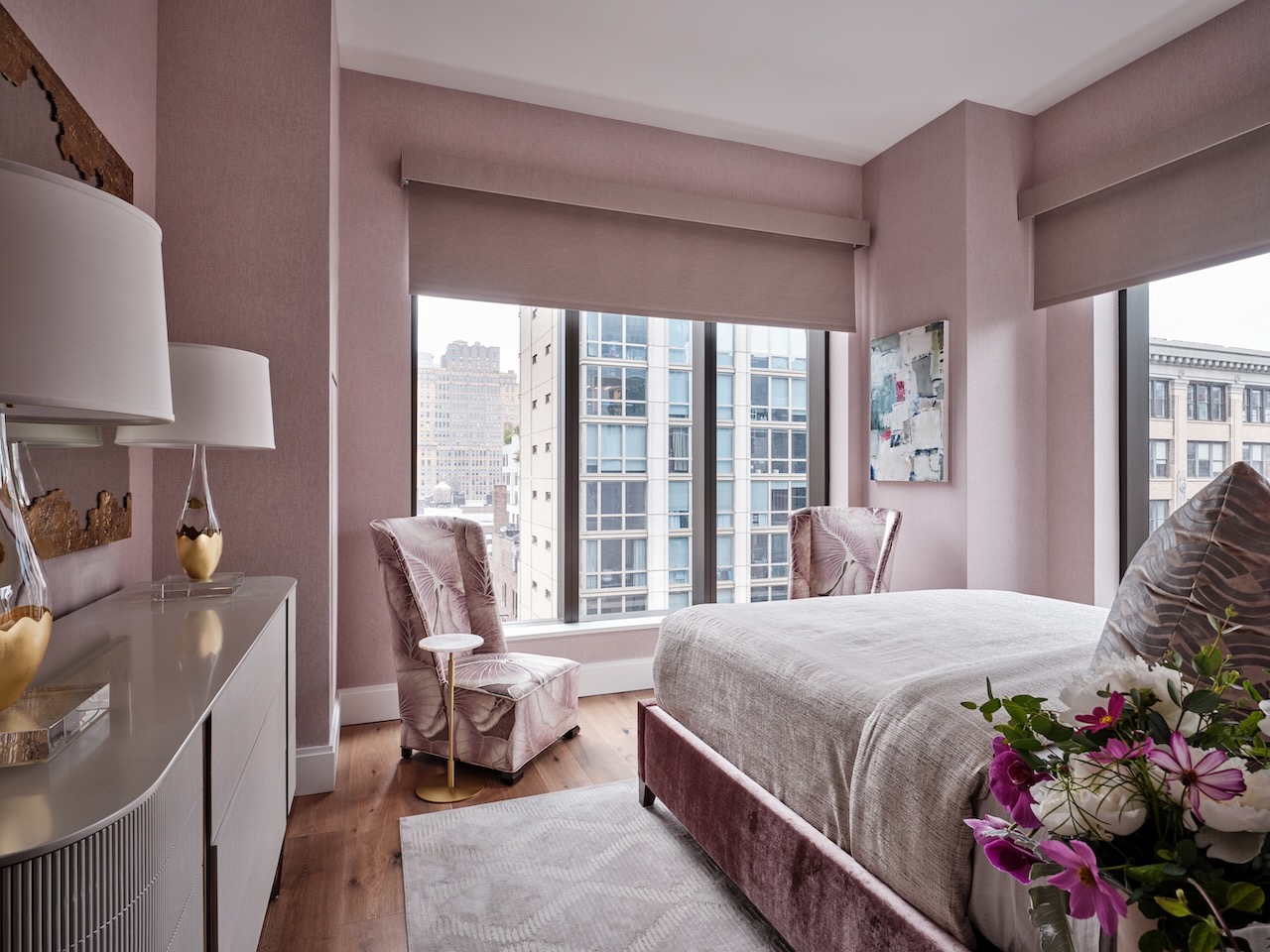
In the practice of bedroom Feng Shui, energy flows through doors and windows and so your bed should stay well out of the way of these, avoiding disturbances and acquiring a sense of security and comfort consequently allowing a better night’s sleep.
However, Feng Shui is just one example of a cultural design belief that might change your mind on where you position your bed. ‘The Indian architectural system recommends south-facing sleep and discourages window-facing beds. For some, their cultural beliefs make them believe it is wrong to sleep facing a window.’ says Korina Burkhard, Sleep Expert and Board Advisor at Dozy Sleep.
The Livingetc newsletters are your inside source for what’s shaping interiors now - and what’s next. Discover trend forecasts, smart style ideas, and curated shopping inspiration that brings design to life. Subscribe today and stay ahead of the curve.
3. Sleep movement
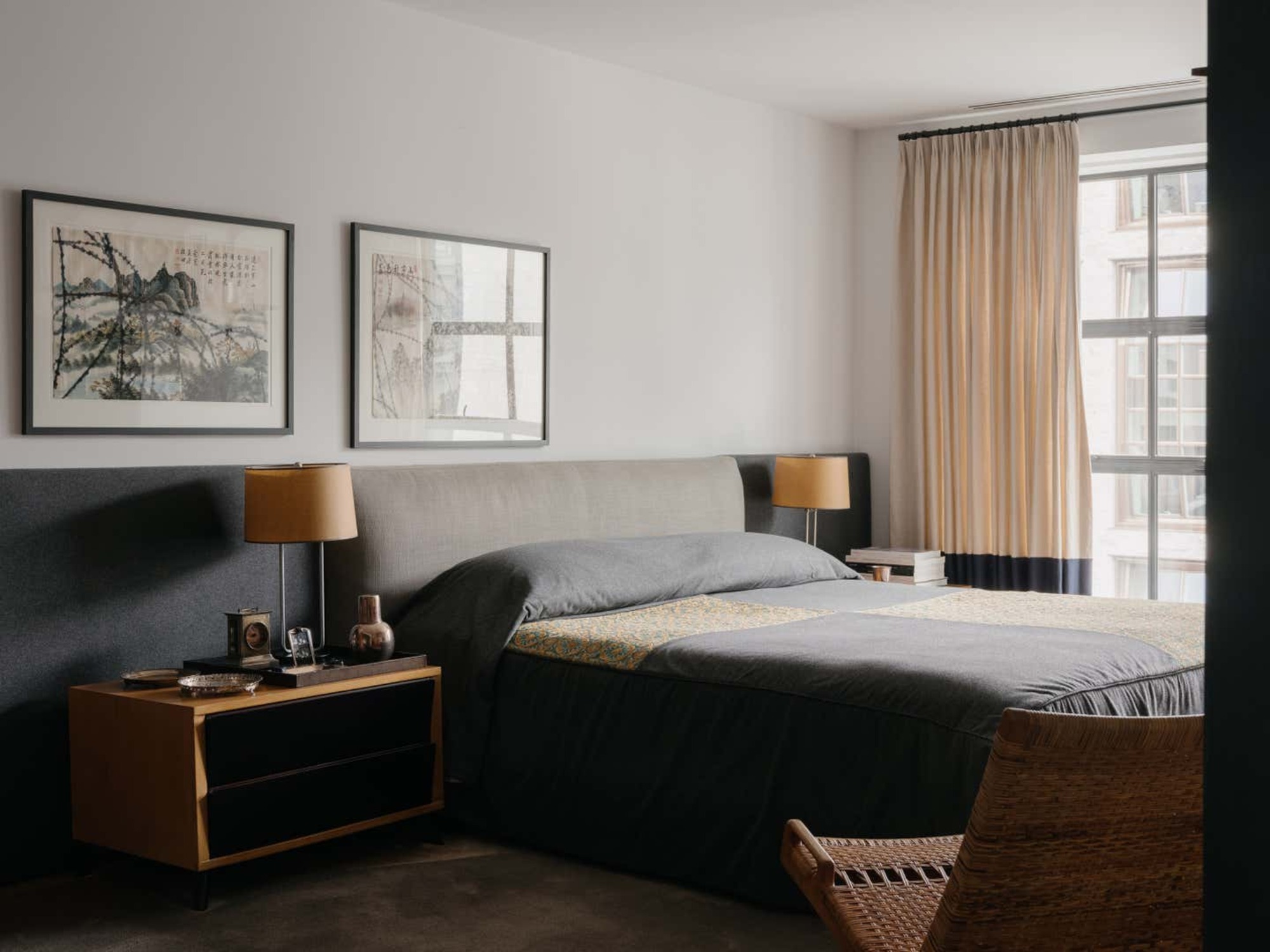
One thing to consider, is that people tend to move positions when they sleep, so a person could theoretically have a window facing their bed, but they could have their back to it? What if they are a back sleeper, does it really matter where the window is?
‘Currently there is no data that I have seen which gives a direct answer to which way we should be facing,' says Dr. Michael Breus (PhD), Founder of The Sleep Doctor. 'That said, we know that the sun rises in the East and sets in the West. If you are sleeping facing a window, I would recommend that it's a window that faces West, because otherwise when the sun rises, it might wake someone up earlier than they want/need. The opposite could also be true, if you wanted your body to wake up at sunrise.’
4. Personal preferences
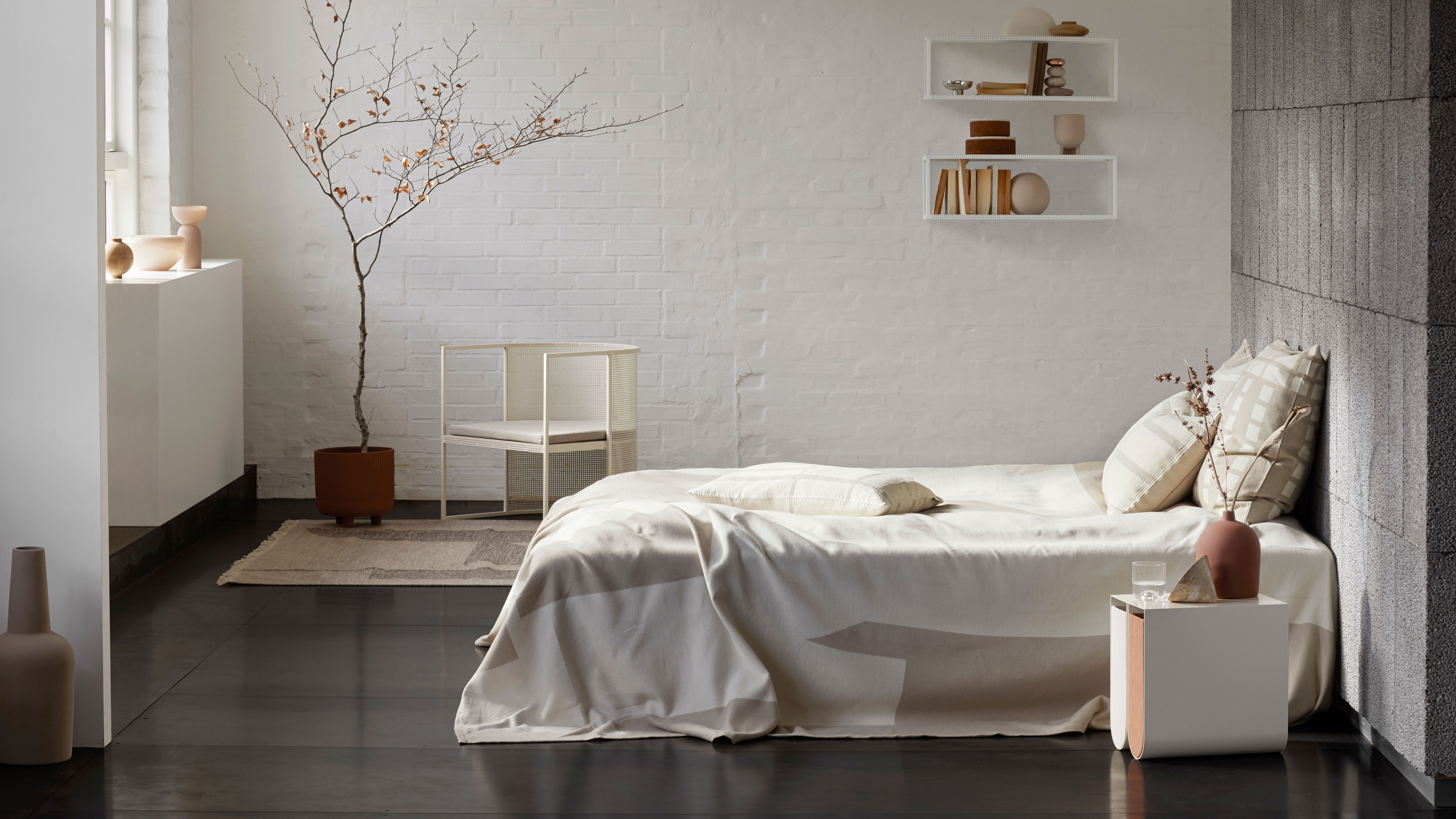
It's down to individual preferences to make a well-informed decision on the best direction to sleep. Some may find the natural light soothing and beneficial for their sleep, while others may prefer a darker environment. Some may enjoy the natural awakening of daylight streaming in each morning, setting a positive tone for the day ahead. On the other hand, some prefer a dark sleep environment for a cozy and relaxing atmosphere, especially after a busy day.
‘Personal experiences and comfort level play a significant role in determining what works best for each individual,' says Chelsey Borson. 'Ultimately, it is important to create a sleep environment that promotes relaxation and restful sleep. This may involve experimenting with different sleeping positions, adjusting window coverings to control the amount of light, and finding a routine that works best for you.’ If noise, light, a change in temperature and the view do not distract you, then you may well sleep best facing a window.
Ultimately, your natural personal preference will make the decision for you. Your best sleeping direction should align with your lifestyle, comfort, and the unique characteristics of your bedroom. ‘Experimenting with different arrangements can help you find the perfect balance between the benefits of natural light and the serenity needed for a restful night's sleep.’ says Lisa Artis from The Sleep Charity, ‘Remember, the best way to get a good night’s sleep is to follow good sleep habits and create a sleep-friendly environment, that is cool, quiet, dark and clutter free!’
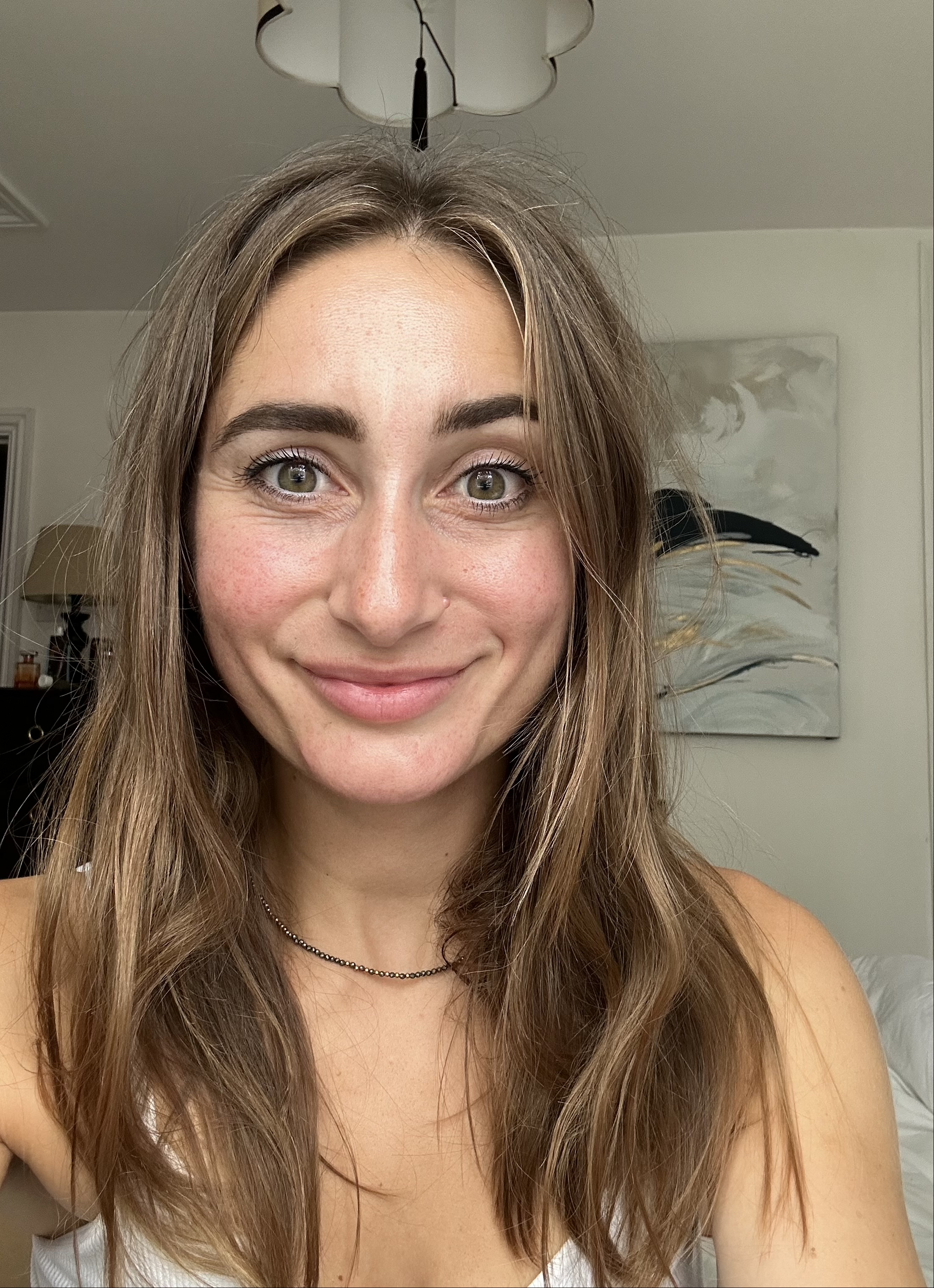
Portia Carroll is an interior stylist, writer, and design consultant. With a background in interior architecture and design, she has a plethora of creative experience in the industry working with high end interior brands to capture beautiful spaces and products and enhance their qualities.
